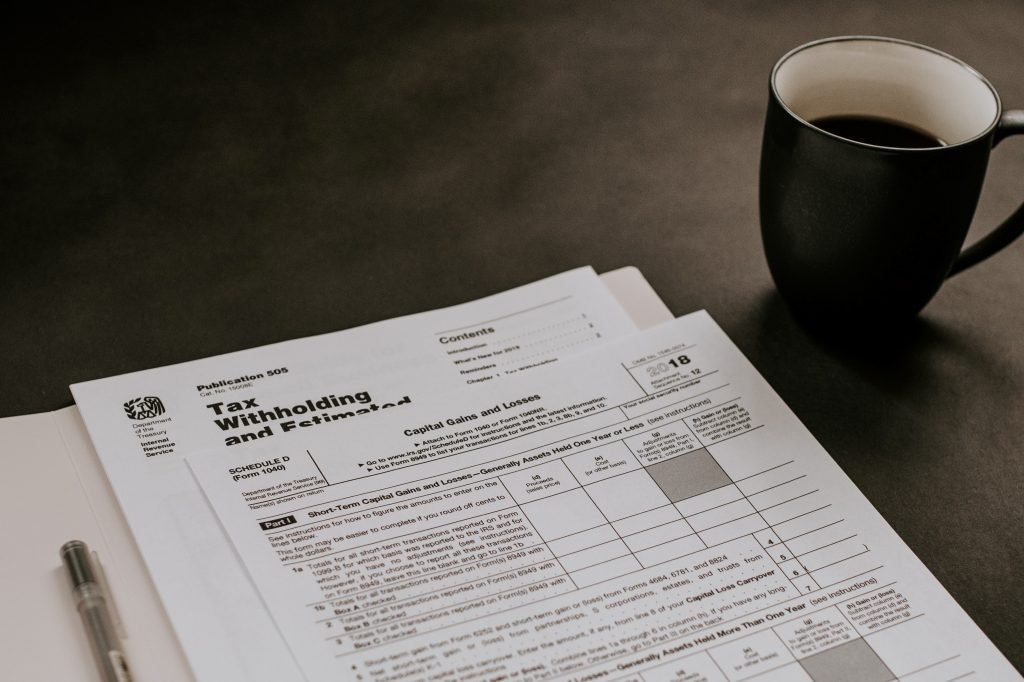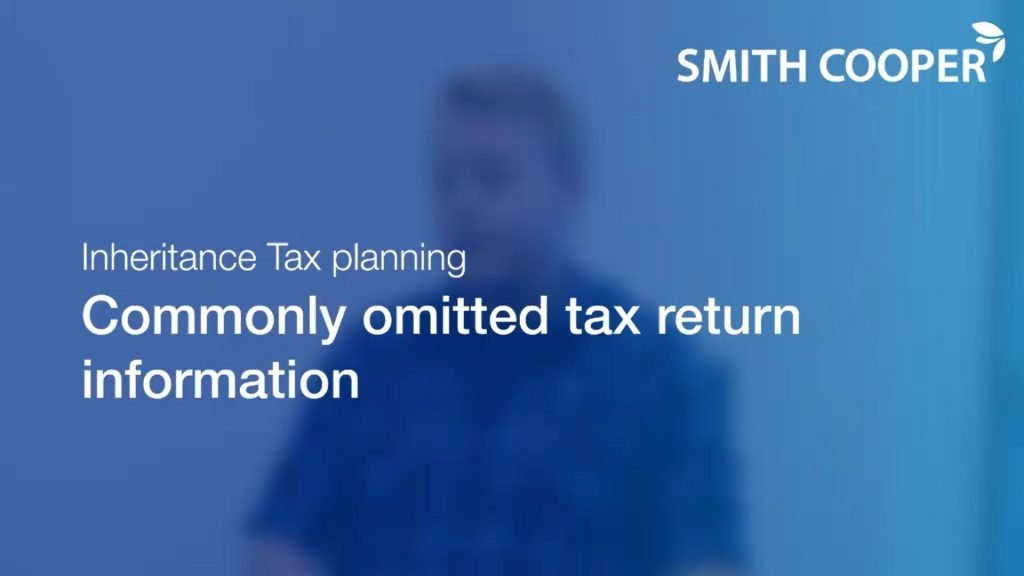When individuals are collating information to complete their Self Assessment tax returns, there are certain aspects that are commonly omitted.

It’s important to ensure you are completing your tax return fully, as HMRC will often pick up on any omitted information, and you could potentially end up paying penalties for late payment of your tax liability and for the submission of an incorrect tax return.
Below are some of the frequently missed areas that you need to be aware of.
High Income Child Benefit Charge
You will need to pay the High Income Child Benefit Charge if you or your partner receive Child Benefit and if one has income over £50,000. The charge is tapered based on the child benefit received if the income is between £50,000 and £60,000.
If your income is over £60,000 then it is likely you will end up repaying the full amount of Child Benefit through your Self Assessment tax liability.
Student loan repayments
If you are still liable for student loan repayments, you need to make sure that you complete this section of your tax return, if your repayments were due to start on or before 6th April of the year in respect of which you’re completing your return.
Overseas income and gains
If you are a UK resident with overseas income and/or gains, it’s important to make sure you include these on your tax return, even if tax has been deducted at source from the country in which the asset or income arises. This will allow you to claim tax relief in the UK for the tax paid overseas.
Capital gains and losses
Capital gains and losses need to be included on tax returns, but can often be forgotten due to their one-off nature.
New rules for the disposal of UK residential property introduced in April 2020 mean you need to complete a Capital Gains Tax (CGT) return within 30 days of the completion of the sale of that property.
Whilst these rules have been in force for a while for non-UK resident individuals, they have been updated to include non-resident individuals, meaning the rules now apply to UK commercial property sold by non-resident individuals, not just UK residential property.
It is important to remember that if you complete a Self Assessment tax return, a disposal still needs to be included on your tax return, regardless of whether you have already submitted a separate CGT return.
Pension annual allowance charges
Individuals have a maximum amount of pensions savings each year that can benefit from tax relief –a pension annual allowance. If your total pension contributions exceed your annual allowance, you may be subject to an annual allowance charge.
For some individuals, their employer pension contributions contribute towards these annual allowance charges, and as such it is an area that can often be missed.
Individuals in a defined benefit/final salary pension scheme should also be aware that it is the pension growth within the scheme for the tax year applies to the pension annual allowance, rather than the actual contributions made.
COVID-19 grants
Any government COVID-19 grants, such as the Self-Employed Income Support Scheme (SEISS) or the Small Business Grant Fund, are taxable and therefore need to be included on your tax return.
If you need any support when it comes to the information needed when completing your tax return, please get in touch with our team of experts who will be able to assist.
Alternatively, you may also find our guide to commonly missed deadlines for individuals and trusts, relating to filing returns and making payments throughout the tax year useful.
Watch our video below where Personal Tax Manager Daniel Stewart-Lacey explains more about commonly omitted tax return information. This video is part of our wider Inheritance Tax planning video series, which can be viewed on our YouTube channel.





